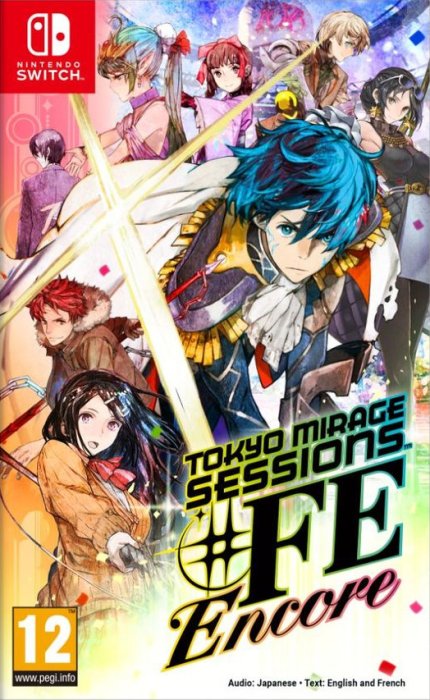
If your doctor accepts the options of the National Health Insurance Plan, don’t forget to bring your health insurance card to every visit. However, if you can afford it or if your employer is willing to support you, getting private healthcare is essential for expat life in Tokyo. If you don’t have any private medical insurance, always enquire first if patients enrolled in the Japanese National Health Insurance plan are welcome. Expats often take out additional health insurance from a private provider, which can cover you for extra treatments not paid for by the public health insurance scheme, such as certain dental treatments and vaccinations. Unfortunately, some doctors, medical specialists, and clinics catering to foreign residents are private and may not accept public health insurance. Medical Insurance OptionsĪs a foreign resident living in Tokyo for one year or more, you have to enroll in the national healthcare plan (see our article on living in Japan). A list of English-speaking doctors has been provided by the US embassy. Therefore, some embassies offer lists of recommended medical service providers for their nationals living in Tokyo. Doctors and nurses in Japan do not necessarily speak English or another foreign language. The language barrier is often the biggest problem for expatriates. A first consultation will usually cost somewhere between 5,000 – 10,000 JPY. However, it is worth noting that the recipient is expected to make a financial contribution, even if they have insurance. Using the National Health Insurance scheme, many medical procedures in Japan are far cheaper than in the US or Canada. Healthcareįoreigners interested in living in Tokyo may be glad to hear that medical standards in Japan are very high. If you do find yourself a victim of crime, the emergency phone number for the police is 110. Tokyo’s entertainment districts such as Roppongi, Kabukichō, Shibuya, and Ikebukuro are particular hotspots for this kind of petty crime.

As far as immunizations are concerned, doctors recommend a standard set of tetanus, polio and diphtheria, measles, mumps, and rubella (German measles), influenza, whooping cough, Japanese encephalitis, and hepatitis A/B vaccinations.Ĭrime levels in Japan as a whole are low however, there are reports of drink spiking, pickpocketing, and credit card theft. There are no other travel health warnings for the Tokyo area at the moment. However, these warnings were lifted a long time ago, and the Greater Tokyo Area is now considered safe. Radiation levels initially increased in Tokyo as well, and various governments issued travel warnings for Japan. The area surrounding the nuclear plant has seen a dramatic increase in radiation levels and large sections are still closed off to the public. The 2011 Great East Japan Earthquake resulted in a tsunami and a nuclear disaster around the Fukushima nuclear power plant. Sofia Coppola’s portrayal of solitary life in Tokyo was criticized for its caricature of modern Japan, which is a far cry from reality.
TOKYO SCHOOL LIFE GUIDE MOVIE
If you have seen the award-winning US movie Lost in Translation (2003), you may remember that it depicts the city as lonely and alienating. This article should give you a brief introduction to daily life in Tokyo. We have described this in our overview of moving to Tokyo and the neighborhoods that expats prefer. Living in Tokyo’s central wards is especially popular among more affluent expatriates. Nearly 490,000 foreign residents are currently living in Tokyo Prefecture, among them numerous expats from China, the Philippines, or South Korea. 8.5/10.Upon arriving in Tokyo, you will probably notice that Japan is a relatively homogeneous society, ethnically and culturally, but Tokyo is an exception to this rule.

Overall, a thrilling anime and definitely worth the hype. The animation of the fight scenes could be improved for better entertainment value, but I can't be too hard on this considering the stress the animators had during this time. As for problems, sometimes characters made questionable decisions that annoyed me. The other members of the gang all had interesting backstories and moral compasses that created clashing and intense interactions between these characters. The main character was your typical crybaby, but I didn't find a lot of problem with him, unlike many viewers who expected the kid to be some alpha chad. The characters is by far the best aspect of this anime. The circumstances became more and more dire that made me rooting for the main character. Despite the story having certain elements from Steins Gate, the gang aspect made for intense and often unpredictable spin to the plot. Season 1 of the biggest anime this year just ended, and it was quite an awesome ride.


 0 kommentar(er)
0 kommentar(er)
